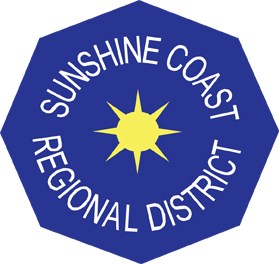Changes made to OCPs
Official Community Plans (OCPs) for West Howe Sound, Elphinstone, Roberts Creek and Halfmoon Bay have been amended with sections intended to encourage affordable housing through increased density.
The changes are intended to create continuity across the OCPs, to provide guidelines for evaluating densification proposals and support contributions to affordable housing.
Policies encourage denser housing, such as townhouses and multi-unit buildings, be located in “community hubs” and that developments that exceed density limits contribute affordable or special needs housing. Policies also stipulate affordable and higher density housing be integrated “with rural communities and strengthens community identity and character.”
Sunshine Coast Regional District (SCRD) directors voted to adopt the amendments at the Sept. 27 board meeting. A public hearing was held in July, with some Halfmoon Bay residents speaking out against the bylaw changes because they could detract from the area’s rural character.
One of the Halfmoon Bay residents who attended the public hearing also raised questions about the authority of the board to change the OCP.
Director remuneration makes third reading
Amendments to SCRD directors’ remuneration bylaw made it past third reading at the Sept. 27 board meeting.
Amendments were proposed to offset the loss of a tax exemption that saw elected officials taxed on only two-thirds of their income. That federal tax exemption will be removed in 2019.
The chair will be paid $39,800, up from $37,257, and directors get $9,438, up from $9,326, with an additional supplement of approximately $1,300 for rural area directors. Directors will make an additional $131 to attend most meetings. There are on average 22 board meetings per year. The bylaw includes some “housekeeping” changes, such as updating definitions of “public hearing” and “standing committee.”
The bylaw will come into effect Jan. 1 2019.



